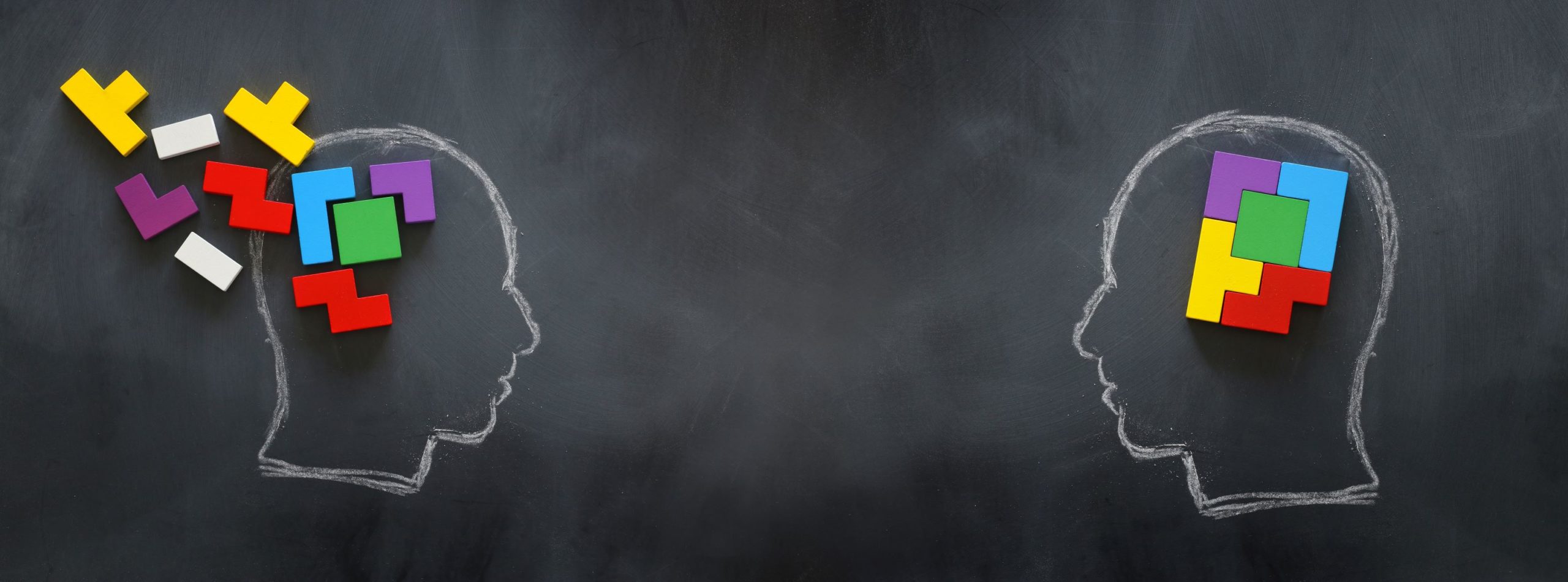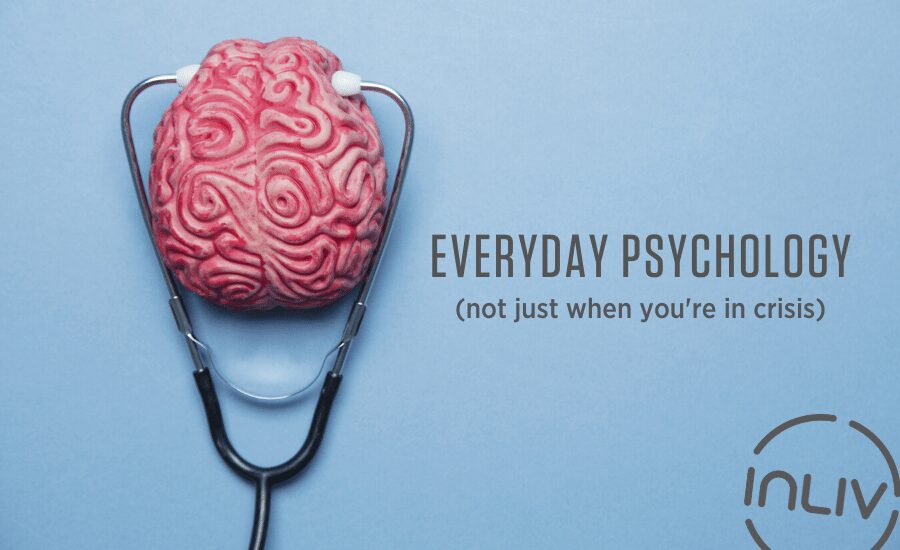Understanding Your Brain
With the advent of fMRI data (functional MRIs, newish technology where we can see the brain think), we have even better knowledge about how the brain accepts, interprets and responds to sensory input. The Google search: “Your brain on…” yields more than a billion results. You can see pop psych literature of “your brain on puppies”, or “your brain on chocolate”, or better yet on music, popcorn and Pokemon.
Understanding the science of Brain 101 can be a validating ‘aha’ moment in the treatment of psychological issues. Knowing physiologically what happens in the brain can help to figure out certain behaviours. This has created a shift in treatment from mental illness to mental health: the idea that we can strengthen coping and resiliency skills as a future defense, identify triggers before we feel overwhelmed by them, adjust the way we think when we see the resulting behavior isn’t functional, and then create new behaviours – well before a crash.

Putting YOU in the Driver’s Seat
How much better would you perform if you had no more runaway thoughts? Learning Mindfulness skills can be a game changer on that front. Focusing on all the ‘what-if’ scenarios can throw our bodies into a fight or flight response when nothing has actually happened – except our brain has wandered away. If we’re in our thoughts 30% of the time, we’re only living 70% of our lives. Mindfulness can bring the brain back into our deliberate control.
Motivation is another area where a skilled psychologist can help you use your own body chemistry to help kickstart movement. Endorphins are motivators, and we can learn to pump these within our own body like water. We used to think that we felt motivated to do something, then we do it, then we get the endorphins as a reward. We now know behavior precedes motivation, so you have to bust a move – even a tiny one – to start the process. Creating contingencies with yourself (“I can go to the movies if I finish…”), breaking things down into the smallest increment (“I don’t have to clean the house, I’ll just put away 10 things”), deliberately connecting positive thinking around things you don’t want to do, are all ways we can manage the release of our own endorphins. This is like being able to access a tank of gas from inside your own body whenever you want.
But using solid psychological tools isn’t just for managing our own selves; whenever we are in a conversation or relationship with someone else, we are part of a dynamic. Each one of us has the ability to make someone feel good or bad, we can have effective or counter-productive conversations. An unintended remark, the tone of our voice, or body language can throw another person into fight or flight and completely derail whatever it is we want from that exchange. Learning these techniques can be a psychological skill you will carry with you for the rest of your life.


